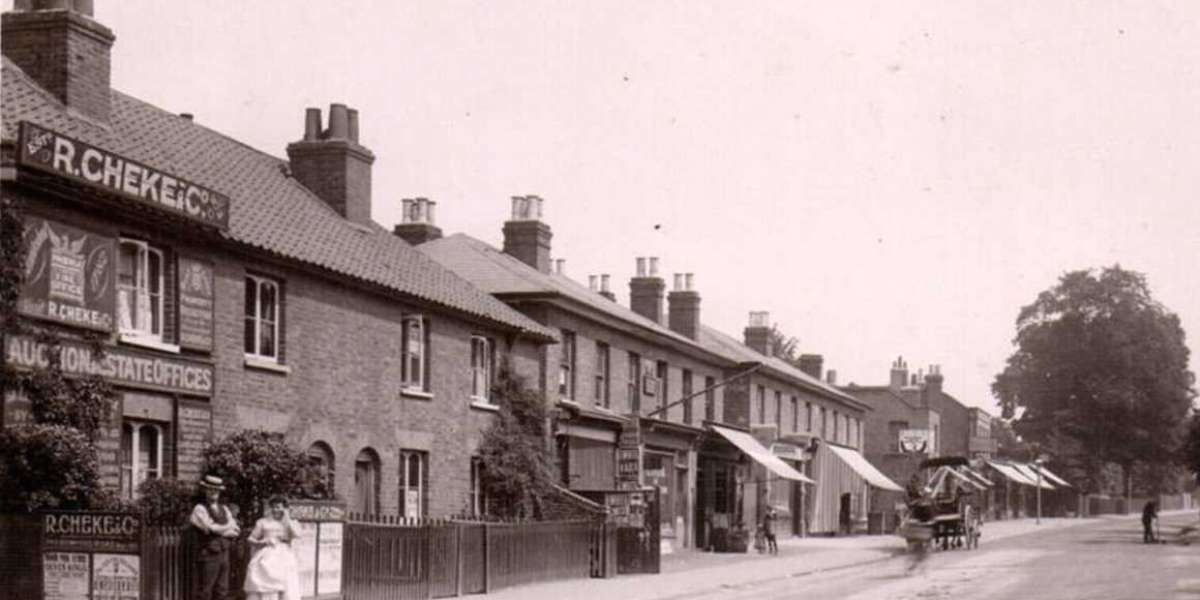Who is a Chartered Surveyor?
A chartered surveyor is a professional accredited by the Royal Institution of Chartered Surveyors (RICS), which is a globally recognized organization that sets high standards for property professionals. Chartered surveyors undergo rigorous training and adhere to strict ethical guidelines, ensuring that their valuations and advice are trustworthy and precise. They have expertise in various fields such as valuation, land surveying, building surveying, and property management. This combination of knowledge and adherence to industry standards makes chartered surveyors the go-to experts for accurate property valuations.
The Importance of Precise Property Valuations
Property valuation is more than just assigning a price to a building or land. It involves a thorough analysis of numerous factors that can affect a property's worth. Precise valuations are crucial for multiple reasons:
- Investment Security: Accurate valuations help investors make informed decisions and avoid overpaying or undervaluing assets.
- Legal Compliance: In some transactions, a professional valuation is required for tax, inheritance, or regulatory reasons.
- Financial Planning: Knowing the correct value of a property allows homeowners to manage their finances better, whether they're planning a sale, renovation, or loan application.
- Fair Market Transactions: Buyers and sellers rely on valuations to negotiate fair prices, ensuring that transactions are conducted transparently and equitably.
Types of Property Valuations Offered by Chartered Surveyors
Chartered surveyors offer several types of property valuations depending on the client’s needs and the specific property in question. Here are some common valuation types that licensed chartered surveyors provide:
1. Market Valuation
Market valuation is the most common type of property valuation. It determines the current market value of a property based on factors like location, size, condition, and market trends. This type of valuation is essential for buyers, sellers, and lenders to assess a fair selling price and make informed financial decisions.
2. Mortgage Valuation
When a property is purchased with a mortgage, lenders require a mortgage valuation to ensure the property’s value aligns with the loan amount. A chartered surveyor provides this service by evaluating the property and confirming that it meets the lender’s requirements. While this valuation is primarily for the lender’s benefit, it also gives the buyer some assurance of the property’s worth.
3. Insurance Valuation
Insurance valuation is critical for property owners who want to insure their property adequately. This valuation estimates the rebuilding cost of the property, covering the expenses needed to reconstruct it in the event of damage. Chartered surveyors assess aspects like building materials, location, and current construction costs, helping clients secure appropriate insurance coverage.
4. Tax and Inheritance Valuation
For tax or inheritance purposes, it’s essential to have a precise valuation of property assets. Chartered surveyors provide this type of valuation to assist with tax calculations, inheritance distribution, and probate proceedings. Having an accurate tax valuation can help minimize legal issues and ensure that heirs receive their fair share.
5. Development Appraisal
Development appraisals are critical for property developers evaluating the potential of a new project. Chartered surveyors assess factors such as land value, development costs, projected rental income, and resale potential. This type of valuation helps developers understand the profitability of a project and whether it aligns with their investment strategy.
How Chartered Surveyors Conduct Property Valuations
Chartered surveyors follow a structured approach to determine a property’s value. Here are the key steps they take during a valuation:
- Site Inspection: The surveyor inspects the property in detail, examining structural condition, materials, layout, and any visible defects. This inspection forms the foundation of an accurate valuation.
- Market Research: Surveyors conduct an analysis of current market conditions, looking at comparable property sales, trends, and regional price fluctuations.
- Legal and Regulatory Review: Properties may be subject to zoning laws, easements, or restrictive covenants. Chartered surveyors evaluate these factors as they can influence property value.
- Valuation Report Preparation: After completing the assessment, the surveyor prepares a detailed report outlining the property’s value, factors influencing the valuation, and any potential risks.
Benefits of Hiring a Licensed Chartered Surveyor for Property Valuations
Working with a licensed chartered surveyor for property valuations offers numerous advantages, including:
1. Reliable Expertise and Objectivity
Licensed chartered surveyors bring a high level of training, experience, and adherence to RICS standards, making their valuations reliable and unbiased. Their insights are trusted across the real estate industry, from private buyers to corporate investors.
2. Comprehensive and Accurate Reporting
A chartered surveyor’s valuation report is more than a price estimate; it provides a comprehensive overview of the property’s condition, market positioning, and any potential issues. This level of detail empowers clients to make informed, strategic decisions about their real estate investments.
3. Risk Mitigation
With their in-depth inspections and knowledge of property regulations, chartered surveyors identify potential risks that might not be apparent to the average buyer. This foresight can prevent unexpected expenses or legal issues down the line, offering peace of mind to buyers and sellers alike.
4. Enhanced Negotiation Power
For both buyers and sellers, an accurate valuation conducted by a chartered surveyor can strengthen their position in negotiations. Knowing the true value of a property enables clients to negotiate confidently, reducing the likelihood of disputes and promoting fair transactions.
Choosing the Right Chartered Surveyor for Property Valuations
Selecting the right chartered surveyor is essential for a precise and credible property valuation. Here are some tips to consider when choosing a surveyor:
- RICS Accreditation: Always ensure the surveyor is RICS-certified, which guarantees they adhere to professional standards.
- Relevant Experience: Look for a surveyor with experience in the type of property you’re evaluating, whether it’s residential, commercial, or industrial.
- Local Market Knowledge: Surveyors with local expertise provide more accurate valuations, as they understand regional trends and property characteristics.
- Clear Communication: Choose a surveyor who can explain valuation findings in a clear, straightforward manner, helping you understand the property’s value.
Conclusion
When it comes to precise property valuations, hiring a chartered surveyor ensures accuracy, transparency, and reliable insights that support informed real estate decisions. Whether for buying, selling, or investing, a licensed chartered surveyor’s expertise in valuations is indispensable. Their rigorous assessment process and in-depth market knowledge help clients avoid financial pitfalls and maximize their investment potential. For anyone in the real estate market, a chartered surveyor’s valuation can be the cornerstone of a secure and strategic property transaction.








